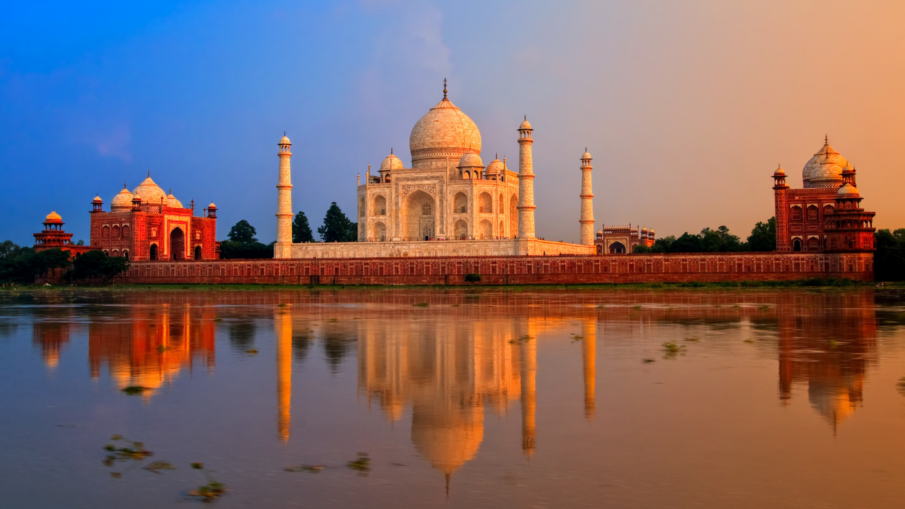Float therapy, often known as sensory deprivation therapy, has been gaining traction globally for its unique approach to relaxation and mental wellness. In India, a country rich in diverse healing practices and wellness traditions, float therapy presents a fascinating convergence of modern science and ancient holistic philosophies. This article delves into India’s perspective on float therapy, exploring its benefits, cultural significance, and the growing interest in this innovative therapeutic practice.
Understanding Float Therapy
Float therapy involves immersing oneself in a float tank filled with warm saltwater, usually enriched with magnesium sulfate (Epsom salt). The buoyancy provided by the high salt concentration allows individuals to float effortlessly, promoting deep relaxation and reducing the sensory input from the external environment. This unique experience can lead to a meditative state, enabling users to achieve mental clarity and physical relief.

Historical Context: India’s Healing Traditions
India has a long history of holistic healing practices, including Ayurveda, yoga, and meditation. These methods emphasize balance, wellness, and the interconnectedness of mind, body, and spirit. Float therapy aligns with these philosophies by providing a tranquil space for introspection and relaxation, making it a natural addition to India’s wellness landscape.
In Ayurveda, the concept of “shirodhara,” which involves pouring warm oil over the forehead, shares similarities with float therapy. Both practices aim to calm the mind and promote mental clarity. As awareness of float therapy grows, many practitioners see it as a complementary tool within the broader framework of Indian wellness traditions.
The Benefits of Float Therapy
Float therapy offers a range of benefits that resonate with the Indian audience, particularly in a fast-paced society where stress and anxiety are prevalent.
- Stress Relief: Float therapy provides a respite from the hustle and bustle of daily life, allowing individuals to unwind and experience deep relaxation. The reduction of sensory input can significantly decrease cortisol levels, the hormone associated with stress.
- Mental Clarity: Many individuals in India, especially students and professionals, experience mental fatigue. The meditative state achieved during a float session can enhance focus and creativity, making it an attractive option for those looking to boost cognitive function.
- Pain Management: With the rise of chronic pain conditions in urban populations, float therapy offers a non-invasive method for alleviating discomfort. The buoyancy of the saltwater can relieve pressure on joints and muscles, providing therapeutic benefits for those with conditions such as arthritis or fibromyalgia.
- Improved Sleep Quality: Sleep disorders are a growing concern in India, exacerbated by stress and digital distractions. Float therapy promotes relaxation and can help regulate sleep patterns, making it a viable option for those seeking better sleep.
- Enhanced Self-Awareness: In a culture that increasingly values mindfulness and self-awareness, float therapy offers a unique opportunity for introspection. The quiet environment encourages individuals to connect with their inner selves, promoting emotional well-being.
Growing Popularity in Urban Centers
The interest in float therapy has been steadily increasing in major Indian cities like Mumbai, Delhi, and Bengaluru. Wellness centers and spas are beginning to incorporate float tanks into their offerings, attracting health-conscious individuals seeking innovative ways to enhance their well-being.
As awareness grows, more people are sharing their experiences on social media, creating a buzz around the therapy. Influencers and wellness advocates are also promoting float therapy, emphasizing its benefits for mental health and stress relief.
Challenges and Considerations
Despite the growing interest, float therapy faces several challenges in India:
- Awareness and Education: Many individuals are still unfamiliar with float therapy and its benefits. Educational initiatives are needed to inform the public and demystify the experience.
- Cultural Acceptance: While India embraces various wellness practices, some may view float therapy as unconventional. Overcoming cultural perceptions and integrating float therapy into mainstream wellness will require time and effort.
- Accessibility: Currently, float therapy facilities are primarily located in urban areas, limiting access for individuals in rural regions. Expanding services to more locations will be crucial for broader adoption.
The Future of Float Therapy in India
As mental health awareness rises and more individuals seek alternative wellness solutions, float therapy is poised to become a prominent part of India’s wellness landscape. Collaborations between traditional healing practices and modern therapies could create innovative approaches that resonate with a diverse population.
In conclusion, India’s perspective on float therapy reflects a blend of ancient wisdom and modern wellness trends. By embracing this innovative practice, individuals can enhance their well-being, manage stress, and cultivate a deeper connection with themselves. As float therapy gains momentum, it has the potential to significantly impact the way wellness is perceived and practiced in India.






